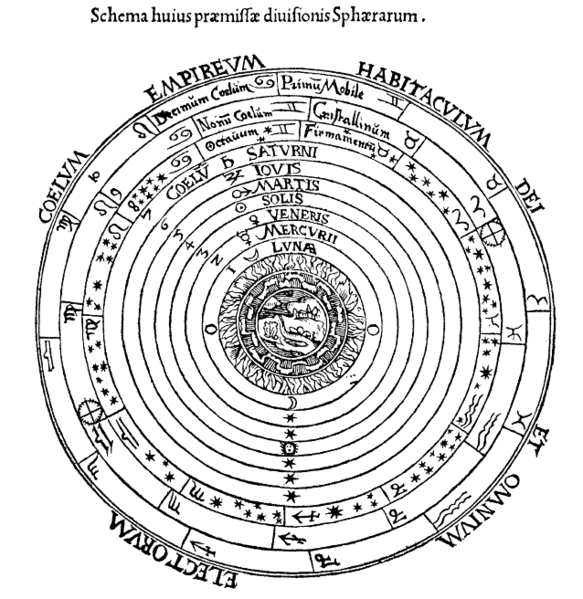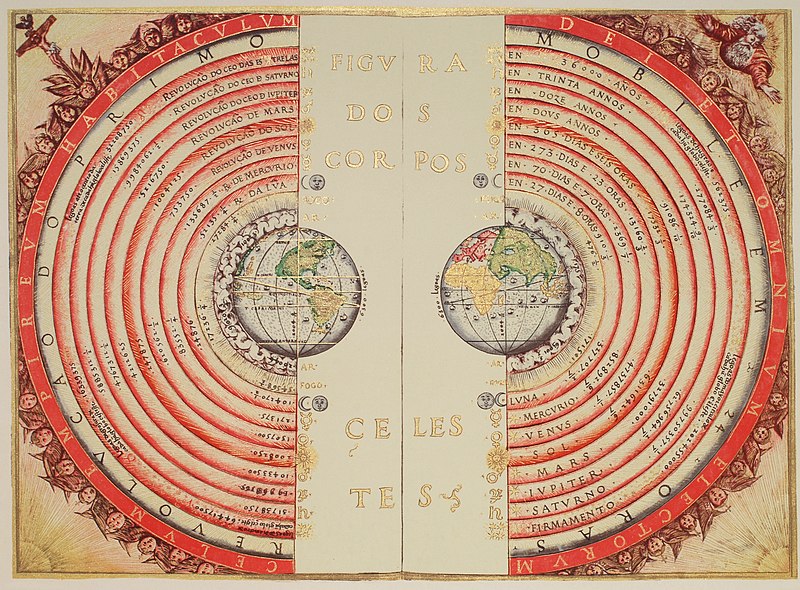Meeting with My Professor
May. 16th, 2011 03:46 pmSo, as I said in my last entry, I had an interesting meeting with my professor a few weeks ago. I wanted to touch base with him, mainly, on my paper (at that point I was worried I wouldn't have enough material in the Annales Gendanses text to flesh out my analysis on the Battle of the Golden Spurs), but also on a few other issues. I started out by telling him first off, I love the class and I want to apologize for always blurting out the answer. He started to laugh and said, holding up his fingers close together, just give the rest of the class a beat before you jump in. I said it's a function of several things--1) I'm an actor, and hence a show off. 2) I'm an athlete, so I hate being beaten to the answer. And 3) this is my thing*, this is medieval history, my big interest. He then asked me--what are you doing here at Columbia? I said do you mean what else am I taking this semester, or in the larger sense? He said--well, you're clearly extremely bright, very capable, and you read the texts very carefully. And you're in a non-degree program. I said well, I'm part of the Post-baccalaureate Studies Program. I want to get my master's in history but I majored in English and music, and had never actually taken a history class before I started here, although I'd certainly read a lot of history on my own. So this is part of putting together a competitive application, to get some history credits. He said to me--save your money. You're certainly capable of doing the work--you should have no difficulty getting into a good program, either here or somewhere else. All you need are your GREs and a recommendation, which I'm happy to write for you. I said--but Columbia doesn't really have a master's in history--it's part of a Ph.D. track-program. He said no, but they offer a master's in medieval/Renaissance studies. My eyes got big. First of all, that he's looked up my record (knew that I am currently in a non-degree program); second, that he's, like, strategizing for me!
So--food for thought. I have not pre-registered yet for the fall because I need to think this summer about this application--if I want to commit to it, to apply for the fall of 2012. I'd been thinking about taking off the semester anyway just to give my savings a break. I also have to talk to the PTB and make sure I can go part-time (less than that, really, one class at a time)--although for an actual master's, I would be more comfortable with actually getting a loan instead of just paying out my savings. It wouldn't be that much, since a humanities master's only takes about a year (full-time). And think about taking the GREs--again. I took them back when I was a college senior--I did well on them (high 600s-low 700s--I got like 720 on the logic section) but that was awhile ago.
And besides Kosto, I have no doubt that Professors Kaye (Intellectual Medieval Life) and Maiuro (Roman History) would also write me recommendations. Maiuro and I got along like a house afire, and everytime I see Kaye he asks me when I'm going to take another class of his.
*At one point I noticed he had a book by Norman Cantor on my shelves--I interrupted myself and said oh, I love him! I have several books of his, including Inventing the Middle Ages, Medieval Lives and In the Wake of the Plague. I'm so easily distracted--oooh, pretty shiny!
So--food for thought. I have not pre-registered yet for the fall because I need to think this summer about this application--if I want to commit to it, to apply for the fall of 2012. I'd been thinking about taking off the semester anyway just to give my savings a break. I also have to talk to the PTB and make sure I can go part-time (less than that, really, one class at a time)--although for an actual master's, I would be more comfortable with actually getting a loan instead of just paying out my savings. It wouldn't be that much, since a humanities master's only takes about a year (full-time). And think about taking the GREs--again. I took them back when I was a college senior--I did well on them (high 600s-low 700s--I got like 720 on the logic section) but that was awhile ago.
And besides Kosto, I have no doubt that Professors Kaye (Intellectual Medieval Life) and Maiuro (Roman History) would also write me recommendations. Maiuro and I got along like a house afire, and everytime I see Kaye he asks me when I'm going to take another class of his.
*At one point I noticed he had a book by Norman Cantor on my shelves--I interrupted myself and said oh, I love him! I have several books of his, including Inventing the Middle Ages, Medieval Lives and In the Wake of the Plague. I'm so easily distracted--oooh, pretty shiny!










